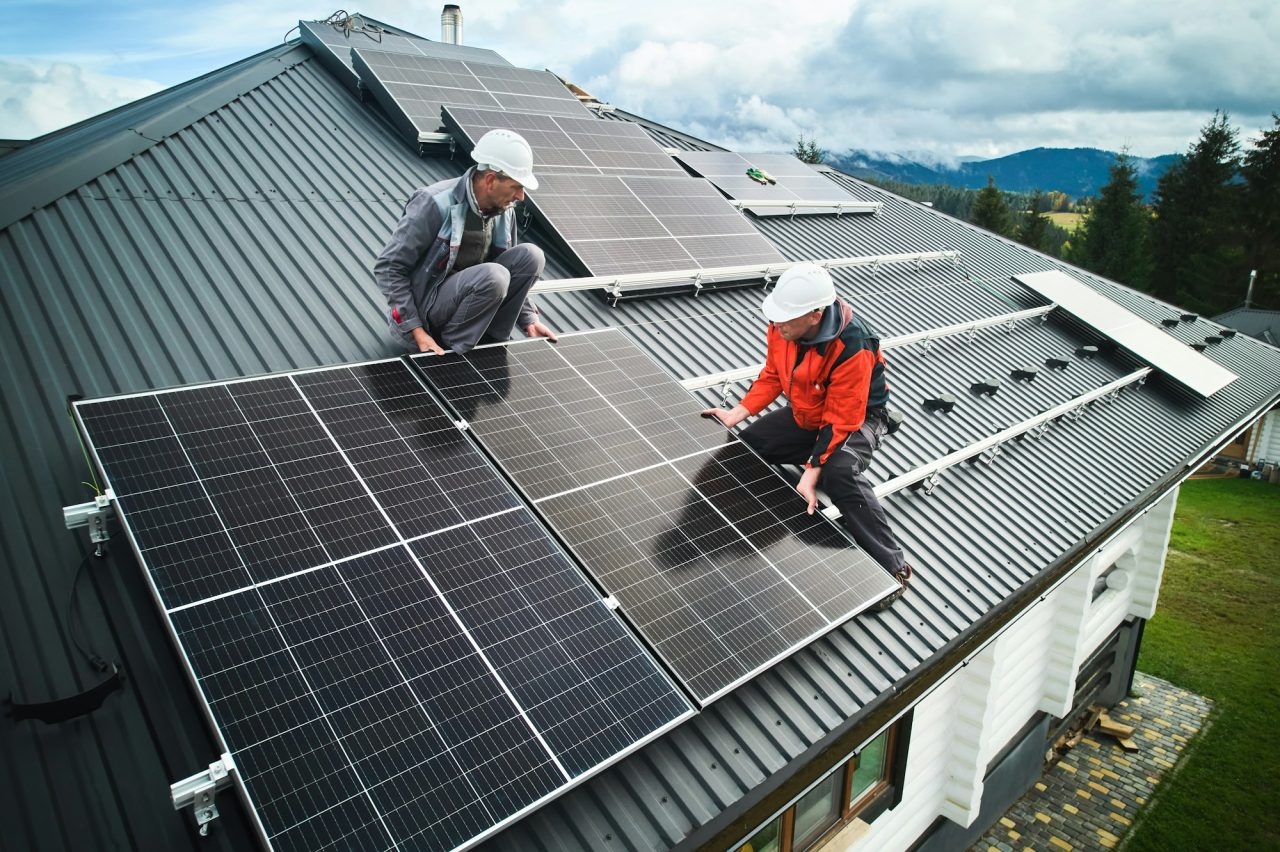Best Energy Storage System: Unlocking the Full Potential of Solar Power
Storing Solar Energy for Maximum Efficiency
Energy storage systems (ESS) are crucial for making solar power a reliable energy source. They store excess solar energy produced during the day for use at night or during low-sunlight periods, ensuring a constant and stable power supply.
sources (such as the grid or generators) to ensure continuous power supply, even when sunlight is unavailable. This makes them ideal for homes, businesses, and industries seeking energy independence and reliability.

How Energy Storage Works
Battery storage solutions, such as lithium-ion and flow batteries, capture and release energy as needed. Advanced AI-driven energy management systems optimize charging and discharging, improving overall efficiency.
Key Benefits of Energy Storage
✅ Reliable Power Supply – Ensures energy availability during cloudy days and at night.
✅ Load Shifting – Reduces reliance on grid power during peak hours, saving costs.
✅ Grid Stability – Supports integration of renewable energy into existing grids.
✅ Emergency Backup – Acts as a power reserve during blackouts.
✅ Sustainable & Efficient – Reduces wastage of generated solar energy.
Market Growth & Future Innovations
The energy storage market is expected to grow at a CAGR of 25%, reaching $50 billion by 2030. Innovations in solid-state batteries and hydrogen storage are paving the way for next-generation solutions.
Challenges & Future Trends
• High Battery Costs – Prices are decreasing with technological advancements.
• Lifespan & Recycling – Sustainable disposal and recycling of batteries remain a concern.
• Decentralized Energy Systems – Future storage solutions will enable energy trading between users.